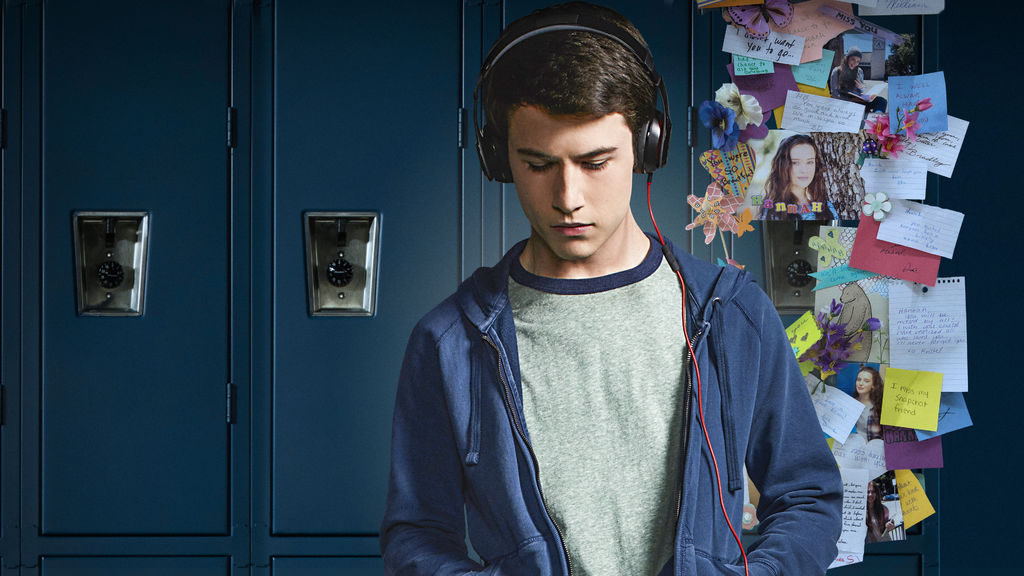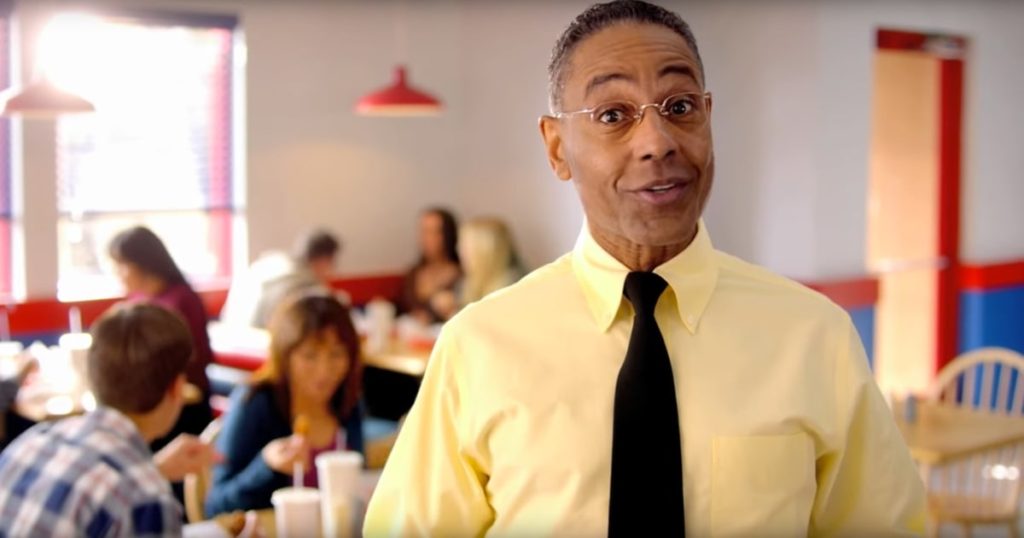13 Reasons Why is Mesmerizing, Yet Frustrating
Written by Ian Thomas Malone, Posted in Blog, Pop Culture
We’ve had a renaissance of high school dramas over the past few years. Shows like Awkward, Faking It, Pretty Little Liars, and Riverdale stand out for their individualistic portrayals of high school life, quirks and all. High school is weird. 13 Reasons Why never tries to paint high school as anything other than an angst-riddled warzone, but it does so with a grace that respects the sensitivity of its source material.
The fact that 13 Reasons Why managed to make national headlines shouldn’t be too surprising, even after we consider just how many shows compete for the spotlight these days. Any show that tackles suicide with a playlist of 80s gems is bound to attract some negative attention. While parents should be cautious not to let their children get any wrong ideas about the actions of Hannah Baker, the show never glorifies suicide. In fact, it’s probably one of the most effective fictionalized advocates against it.
13 Reasons Why succeeds on the strength of its cast. The good/evil spectrum has a few outliers on either end, but for the most part, these characters are deeply flawed human beings who occupy a moral grey area for most of the season. There’s a reason for this beyond the typical “TV anti-hero” trope as well. These characters are hurting.
The show addresses pain with a maturity rarely seen on television. The first season takes place over the course of a few short weeks, which is hardly enough time to address such grief. I’m glad it didn’t try.
Katherine Langford and Dylan Minnette play their roles with a frustrating sense of brilliance. Hannah and Clay Jensen frequently do things that practically force the viewer to shout at the TV. The idea that any single action might have saved Hannah lingers, not because the show wants to take you in that direction, but rather because that thought is on all the characters’ minds (except for one, who’s rightfully portrayed as a sociopath). Blame is felt and each character is forced to come to grips with his or her own role, but in the end, Hannah alone made her decision. That idea is painful and can be debated, but the show deserves a lot of credit for facing the problem that will never yield a satisfying answer.
13 Reasons Why isn’t a perfect show. It has a strange relationship with its central plot device. In the book, Clay listens to all of the tapes over the course of an evening. The show chooses to stretch this out for the entire season, creating numerous pacing problems along the way. The fact that the thirteen reasons correspond with the typical thirteen episode cable season explains this decision, but it often remains a point of contention as the viewer is forced to watch Clay make his way through the season wondering why he doesn’t just get it over with. The show never supplies a satisfying answer.
The frustration is oddly fitting. As someone who prefers watching shows week to week, even Netflix offerings, I found myself binging for the first time in ages. It’s a world where characters always pop up at the moment of greatest convenience, where parents disappear whenever it would be easier not have to have them around, and one where everyone knows everyone else’s secrets, except for the existence of tapes explaining why a girl took her own life. Maybe it’s the amazing visual displays, using color to set the tone of the mood, but I’ve rarely seen a show so comfortable being that flawed.
13 Reasons Why is a work of beauty. It’s raw and imperfect, but it possesses a keen ability to convey emotion. I was originally annoyed to hear it was getting another season, thinking it was a cheap cash grab at the expense of its concept. I was wrong. I’m not ready to be done with these characters.
Some will want to avoid 13 Reasons Why because of its subject matter, which is certainly fair. There’s a lot to take away from the show’s handling of the subject matter, never shying away from the grim realities its characters face. To call it one of the year’s best shows may be unsettling for some, but the show could very be Netflix’ most powerful offering to date.












